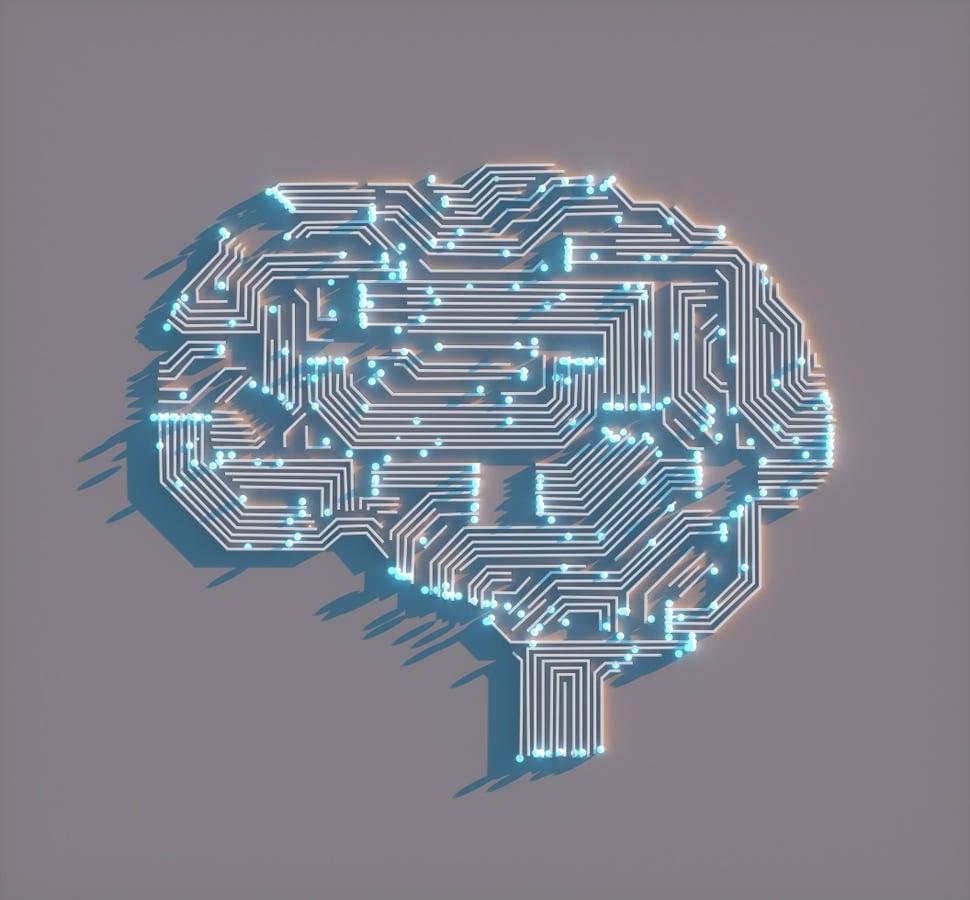There’s also the risk of neuro-exploitation. In a world where disadvantaged individuals might rent out their mental processing to make ends meet, new forms of inequality could emerge. The cognitive gig economy might empower people to earn money with their minds, but it could also commoditize human cognition, treating thoughts as labor units. If the “main products of the 21st-century economy” indeed become “bodies, brains and minds,” as Yuval Noah Harari suggests, society must grapple with how to value and protect those minds in the marketplace.
Final Thoughts
What steam power and electricity were to past centuries, neural interfaces might be to this one—a general-purpose technology that could transform economies and lives. For forward-looking investors and executives, I recommend keeping a close eye on your head because it may also be your next capital asset. If the next era becomes one of connected minds, those who can balance bold innovation with human-centered ethics might shape a future where brainpower for hire could truly benefit humanity.
